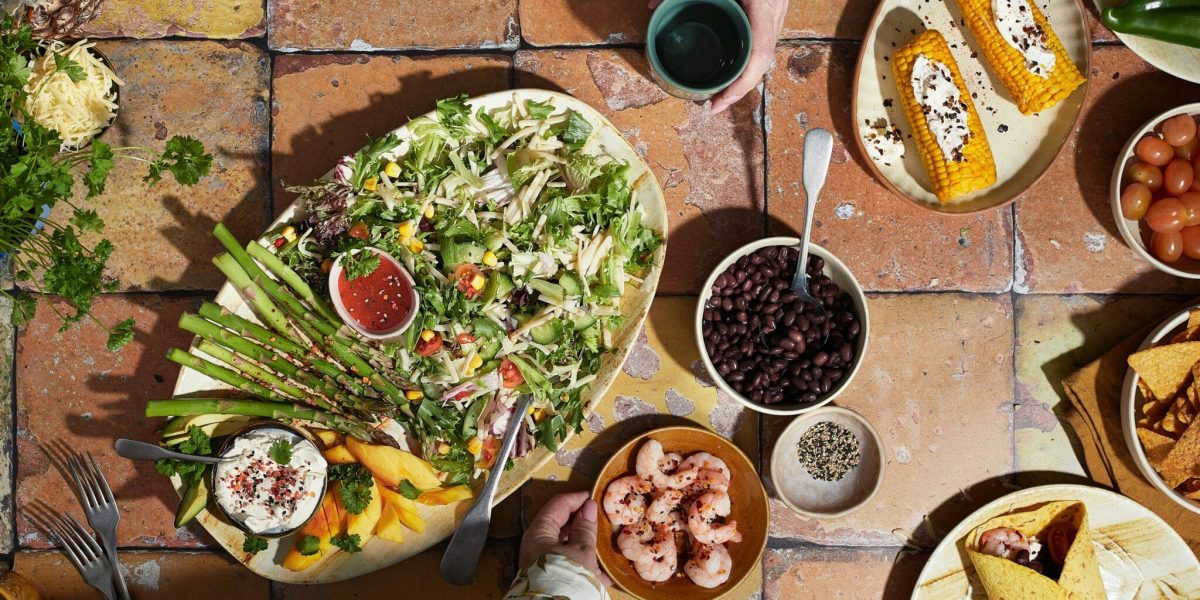Food is more than sustenance; it’s a way to connect, explore, and express individuality. Some people delight in the thrill of trying new foods, discovering exotic flavors and pushing culinary boundaries, while others find comfort and joy in sticking to familiar favorites. This distinction says a lot about a person’s preferences and mindset, influencing not just eating habits but also their approach to life. Let’s dive into what makes these two approaches unique and how each can enhance your relationship with food.
Why Do Some People Love Trying New Foods?
For those who enjoy trying new foods, eating is an adventure. The curiosity to sample different cuisines and flavors often stems from a love of exploration. These individuals are drawn to novelty, seeing each dish as an opportunity to learn about a new culture, technique, or ingredient. Whether it’s indulging in spicy street food in Thailand or savoring a fusion dish at a local restaurant, they relish the unexpected and the unfamiliar.
One reason for this openness to variety is the psychological excitement it brings. Research suggests that trying something new releases dopamine, the “feel-good” chemical in the brain. For these food enthusiasts, each new dish provides a sense of accomplishment and broadens their culinary horizons. Furthermore, exploring diverse cuisines fosters a greater appreciation for different cultures and traditions, making the act of eating more than just about taste—it becomes a way to connect with the world.
Trying new foods also has practical benefits. It can expand your nutritional palette, introducing your body to a wider range of vitamins, minerals, and flavors. For instance, sampling dishes that incorporate superfoods like quinoa or kimchi can enhance your diet while exposing you to new cooking styles.
What Makes Familiar Favorites So Irresistible?
While adventurous eaters enjoy chasing new flavors, others find comfort in sticking to favorites. For these individuals, food is not about experimentation—it’s about consistency, nostalgia, and a sense of emotional security. The dishes they love often evoke happy memories, such as a favorite childhood meal or a comforting family recipe passed down through generations.
Familiar foods can also be a source of stability in a chaotic world. When life feels overwhelming, eating something you know and love—whether it’s a creamy bowl of mac and cheese or a perfectly cooked steak—can provide a sense of control and comfort. This connection to familiar flavors creates a sense of grounding, offering a moment of peace and contentment.
Sticking to favorites doesn’t mean a lack of creativity or enjoyment. For many, the joy comes from perfecting a beloved dish or discovering subtle variations that elevate the experience. A pizza lover, for instance, might experiment with toppings or dough styles while still maintaining the essence of their favorite food. This approach allows for exploration within the safety of familiarity.
Can You Enjoy Both Worlds?
While some people lean strongly toward one side—adventure or tradition—it’s entirely possible to strike a balance between trying new foods and savoring old favorites. Blending the two approaches can make meals more enjoyable and meaningful. For example, you can introduce a new element to a classic dish, like adding a twist to a traditional pasta recipe with an unfamiliar herb or sauce.
Experimenting occasionally doesn’t mean abandoning your go-to meals. Instead, it adds variety while keeping your favorites intact. For instance, if you’re a fan of chicken dishes, you might try a new marinade inspired by global cuisines. This way, you expand your horizons without stepping too far outside your comfort zone.
Balancing both approaches can also make social situations more enjoyable. Whether you’re at a restaurant trying something trendy or hosting a dinner party with nostalgic dishes, appreciating both new and familiar foods can deepen your connection with others. Food, after all, is as much about shared experiences as personal preferences.
What Does Your Food Personality Say About You?
Your approach to food often reflects your broader personality. Adventurous eaters tend to be open-minded, curious, and eager to embrace change, while those who stick to favorites may value tradition, stability, and familiarity in other areas of life. Neither approach is better than the other; they’re simply different ways of engaging with food and the emotions it evokes.
Recognizing your preferences can help you make more mindful eating choices. If you’re someone who loves novelty, challenge yourself to try dishes from cultures you’re less familiar with. On the other hand, if you’re drawn to familiar foods, focus on savoring those experiences fully, appreciating the memories and feelings they bring.
Understanding your food personality can also inspire you to explore new dining opportunities. Whether that means visiting a farmer’s market to find fresh ingredients for a beloved recipe or signing up for a cooking class to learn an exotic dish, there’s always room to expand your relationship with food—on your terms.







